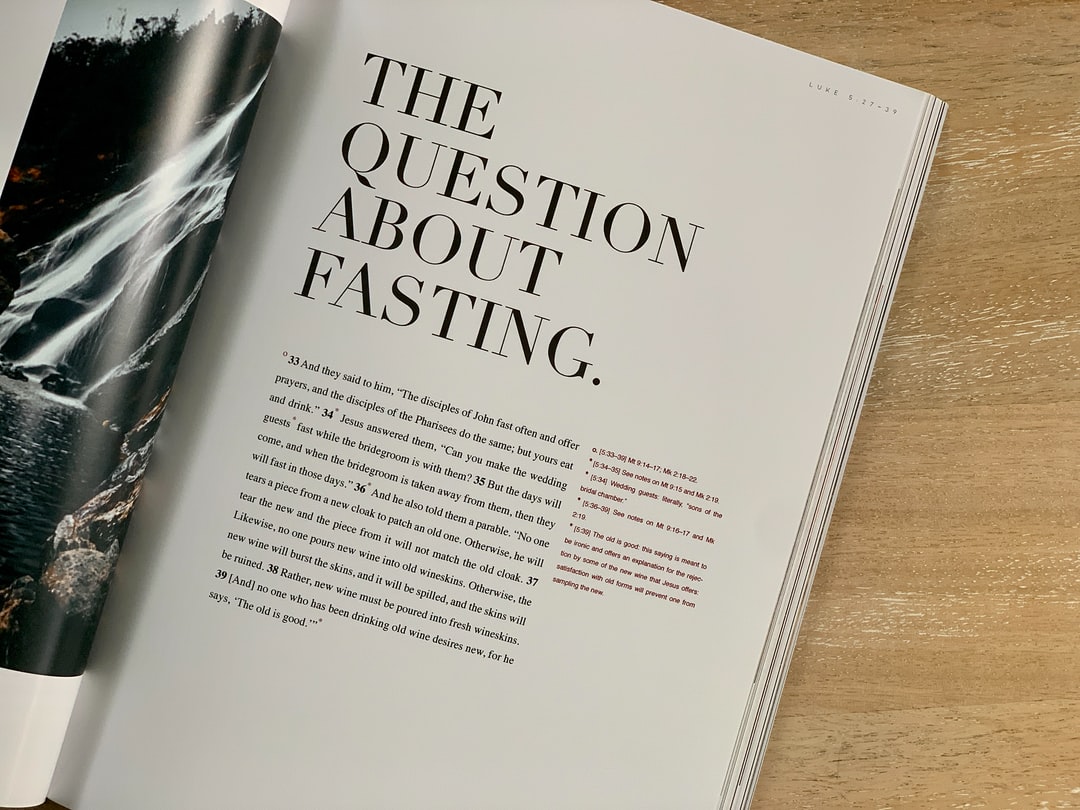 Mardi Gras is upon us. “Fat Tuesday” really started as the day you could eat everything before the Lenten season began and fasting was required. If you are one who observes fasting then intermittent fasting won't be difficult for you. Are curious or have ever wanted to start intermittent fasting? Then, read on.
Mardi Gras is upon us. “Fat Tuesday” really started as the day you could eat everything before the Lenten season began and fasting was required. If you are one who observes fasting then intermittent fasting won't be difficult for you. Are curious or have ever wanted to start intermittent fasting? Then, read on.
If you’re a fan of diet and fitness, you’ve undoubtedly heard of intermittent fasting. This is an eating plan that cycles between periods of fasting and eating. You already do this, even if you’ve never heard of intermittent fasting. You probably sleep all night without getting up for a snack. The popular intermittent fasting plans prolong the period without food to varying degrees.
The most common schedule limits eating to a few hours each day. You could have a late lunch along with dinner at your regular time. You would limit your eating to a 4-5 hour window.
There are other schedules, but the above is the most popular.
Are you enthusiastic? You could try alternating one day of eating with one day of fasting. Water is the only permitted item on fasting days. Other people choose to limit their eating to an 8-hour window. It’s up to you. I like the 8-hour window choice.
Intermittent fasting (IF) has several health benefits:
- Reduces oxidative damage. Normal cellular metabolism produces free radicals. These highly reactive molecules cause damage to your body. Antioxidants are one class of nutrients that counteract these effects. Intermittent fasting reduces the presence of free radicals, resulting in less oxidative damage.
- Oxidative damage is also suspected of being one component of aging. The damage of oxidative stress eventually adds up, and the organism eventually dies.
- Reduces inflammation. Inflammation is in the news on a daily basis. Systemic inflammation is caused by the immune system. This low-grade inflammation is rarely noticed, but it’s implicated in many chronic diseases. Hypertension, arthritis, and asthma are three examples. Lupus and inflammatory bowel disease are also caused by inflammation.
- The foods we eat are major contributors to inflammation. By going a longer period without food, you can reduce the amount of inflammation in your body.
- Possibly increases your life span. IF has been shown to increase life span in rodents. The surest way of increasing the lifespan of any mammal is to reduce its calorie intake. Studies haven’t been going on long enough to show if the effect is found in humans, but scientists have been able to double the lifespan of rats and mice by reducing their food intake.
- Reduces obesity and hypertension. If you only eat for a few hours per day, you’ll eat less. When you eat less, you weigh less. Hypertension is also reduced by intermittent fasting. This is probably due to a combination of weight loss and reduced inflammation.
- Obesity is implicated as a contributing factor to many diseases. Getting your weight under control is an important goal.
- IF has been found to improve, or even cure, type-2 diabetes. Reducing the number of times you eat each day will reduce the amount of insulin released by your pancreas. This helps to improve insulin sensitivity. Again, losing weight is also believed to be a factor.
By reducing hypertension, inflammation, and blood sugar issues, the likelihood of developing heart disease is much lower. Intermittent fasting can be that powerful.
Intermittent fasting has been shown to provide numerous health benefits. However, it’s still necessary to choose your foods wisely. The quality of your diet is still important. No diet will turn doughnuts and chips into healthy foods. You still have the responsibility to eat well.
No one is perfect so if you resort to the occasional piece of pizza you may want to use carb blockers. I like certain supplements to aid my journey. You can get 25% off as a new customer with this link. (I earn an affiliate income from your purchase, thank you, which does not cost you more)
Intermittent fasting can be an effective way to combat aging and many diseases. Of course, it’s still necessary to follow the advice of your physician. Start slowly. Try skipping breakfast and any morning snacks for a week. The following week, give up your evening snacks, too. You’ll be an intermittent faster before you know it.
Message me if you have questions, I answer everyone. Or message me on FB Messenger
